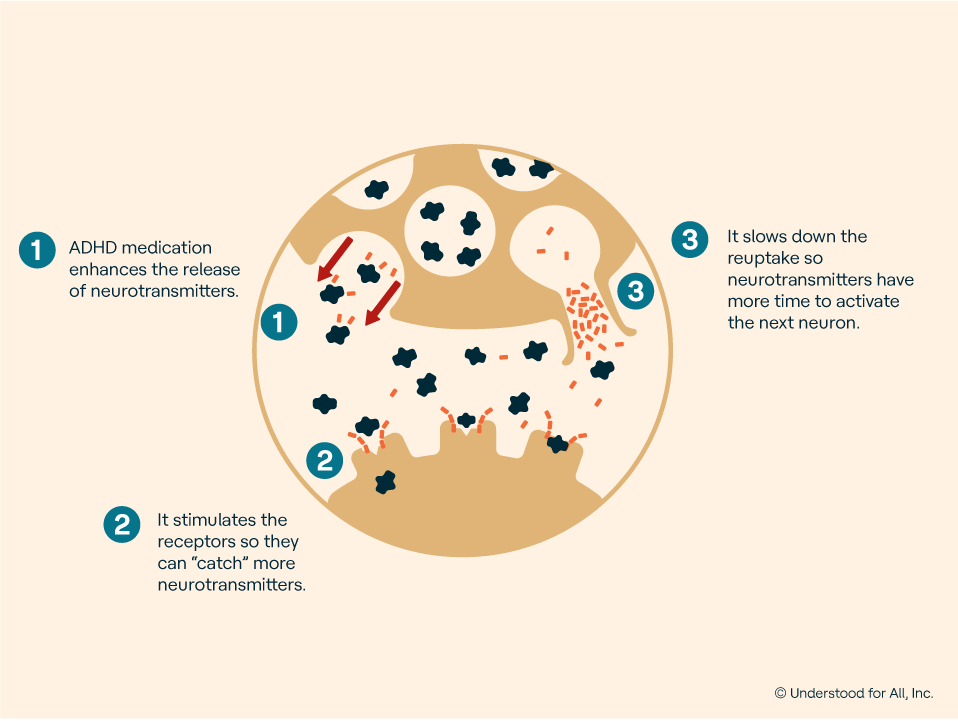Behavioral Health Services Designed for Your Needs
Behavioral Health Services Designed for Your Needs
Blog Article
The Benefits of Tailored ADHD Therapy Strategies for Better Outcomes
The implementation of individualized ADHD treatment plans has emerged as a pivotal strategy in boosting therapeutic results for people affected by this condition. By identifying the distinct manifestations of ADHD in everyone, these customized treatments promote higher interaction and inspiration, ultimately bring about much more reliable coping techniques. This tailored method not just addresses scholastic and job-related difficulties however additionally fosters boosted social relationships and general lifestyle. However, real level of these benefits raises essential inquiries concerning the specific components that add to long-lasting success and how they can be maximized for varied populaces.
Understanding ADHD Variability
Although Attention-Deficit/Hyperactivity Condition (ADHD) is often regarded as a singular condition, its indications can vary dramatically amongst people. This variability is influenced by a series of factors, consisting of age, sex, existing side-by-side problems, and environmental contexts. Youngsters with ADHD might show hyper behaviors, while grownups may predominantly struggle with attention deficiencies. Gender differences additionally contribute, as men are a lot more frequently identified with ADHD and commonly present much more overt signs, whereas females may offer with much less noticeable inattentiveness.
Furthermore, individuals with ADHD may experience a spectrum of emotional and behavior obstacles, such as stress and anxiety or opposite defiance, that can make complex medical diagnosis and treatment. The interaction of these elements can lead to varied experiences of ADHD, demanding a nuanced understanding of the problem. It is additionally worth noting that ADHD can offer in a different way throughout various social contexts, influencing exactly how symptoms are recognized and dealt with. This understanding underscores the importance of identifying ADHD as a complex problem, which calls for customized methods to treatment that consider the unique demands and experiences of each individual.
Secret Components of Personalization
Individualized ADHD treatment plans are based in a number of key elements that guarantee effective monitoring of the condition. Initially, an extensive analysis is critical, entailing standardized ranking scales, interviews, and behavior monitorings. This thorough evaluation allows clinicians to recognize the individual's distinct signs, toughness, and obstacles.
Second, the participation of multiple stakeholders, consisting of parents, teachers, and the individual, adds to an alternative sight of the person's needs. Partnership promotes an encouraging setting that can adjust to the person's context and way of living.
Third, therapy plans must be versatile and versatile, enabling alterations based upon ongoing responses and the individual's evolving requirements. This flexibility allows the assimilation of numerous restorative approaches, such as behavior treatments, psychoeducation, and medication monitoring.
In addition, social and contextual variables need to be thought about. Acknowledging the person's background, worths, and choices guarantees that the treatment is pertinent and considerate.
Last but not least, regular follow-ups and analyses are vital to keep an eye on development and make needed adjustments. By concentrating on these crucial parts, personalized ADHD therapy strategies can dramatically boost the effectiveness of treatments, bring about improved end results for people bipolar irritability with ADHD.
Enhanced Involvement and Inspiration
To successfully advertise improved engagement and motivation in people with ADHD, it is important to incorporate methods that resonate with their passions and staminas. Personalized therapy plans that line up with a person's enthusiasms can lead to boosted engagement in therapeutic tasks, cultivating a sense of ownership and excitement for the process.
Making use of interactive and imaginative approaches can additionally considerably improve inspiration. For instance, incorporating gamification aspects or real-world applications of abilities can make jobs much more enticing and appropriate. This not just records focus yet also enhances finding out through pleasurable experiences.
Furthermore, setting achievable and purposeful objectives tailored to the person can strengthen motivation. When people see their progression in the direction of personally substantial goals, they are most likely to continue to be involved. Routine comments and recognition of accomplishments can better endure inspiration, creating a positive feedback loophole that encourages ongoing initiative.
Finally, cultivating an encouraging environment where individuals really feel understood and valued can considerably affect their engagement levels. When therapy strategies are developed collaboratively, incorporating input from the individual, they are most likely to really feel spent in their journey, inevitably resulting in enhanced outcomes in handling ADHD.
Improved Coping Strategies
Creating enhanced coping approaches is crucial for people with ADHD, as it outfits them with efficient tools to navigate everyday obstacles. A personalized therapy strategy enables the identification of particular coping devices customized to the person's distinct requirements and scenarios - ADHD treatment. Methods such as mindfulness, time management abilities, and organizational methods can be incorporated right into daily routines, promoting a sense of control and lowering stress and anxiety
Mindfulness techniques, including reflection and deep-breathing workouts, aid people with ADHD focus their interest and regulate their feelings. Time management techniques, such as making use of timers or breaking tasks into smaller sized, manageable actions, can mitigate sensations of overwhelm. Furthermore, organizational devices like planners and checklists can improve efficiency and accountability.
Long-term Positive Results
Applying individualized ADHD therapy plans can lead to significant lasting favorable end results for individuals. These tailored strategies, which think about special signs and symptoms, choices, and life conditions, assist in more reliable monitoring of ADHD symptoms over time. By focusing on the certain requirements of the person, these plans boost adherence to therapy protocols and foster better interaction in therapeutic activities.

Furthermore, tailored treatment plans can dramatically reduce the threat of comorbid problems, such as stress and anxiety and anxiety, which are often related to ADHD. Early treatment and consistent support aid people construct durability and coping methods, promoting overall mental health.
Inevitably, the long-lasting favorable outcomes of check my blog individualized ADHD therapy plans not only improve the lifestyle for individuals yet also add to their total well-being and success in numerous life domain names. This alternative method highlights the value of customized care in taking care of ADHD effectively.
Verdict

Report this page